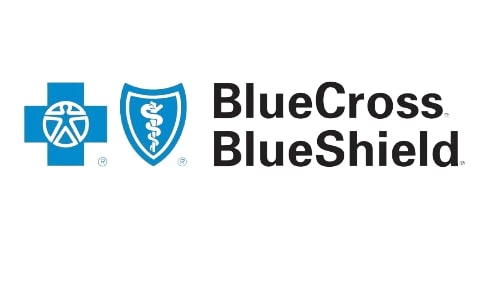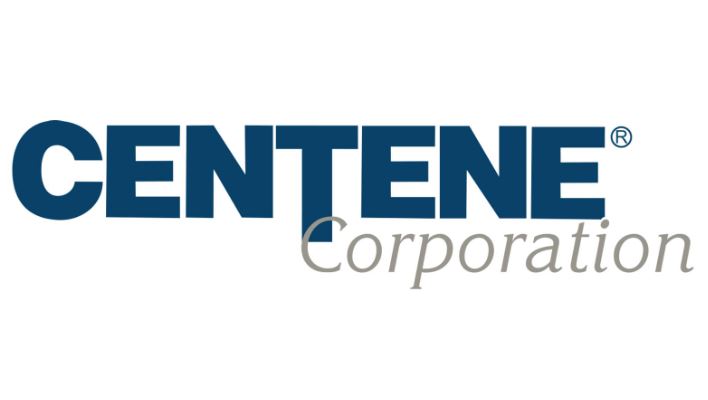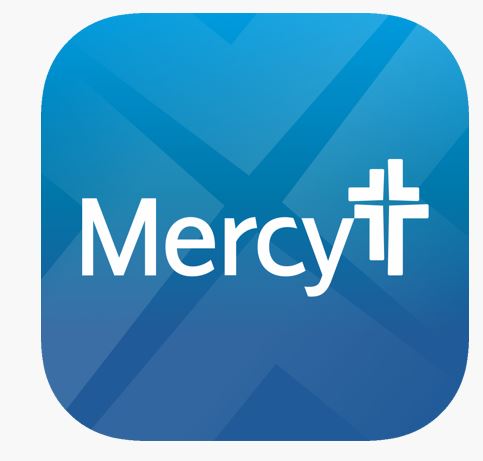Best Health Insurance for Small Businesses 2024
Many small businesses and startups find it challenging to offer top-notch health insurance to their employees. The costs can be high, and startups with little money sometimes choose not to provide insurance.
Entrepreneurs are in greater danger than regular workers because they often have all their money tied up in their business. If they get sick or need expensive medical treatment, it could ruin the business. Luckily, different health insurance options are available for startups and small businesses to help their employees.
This article helps you find the best and most reliable health insurance for small businesses. We’ll also guide you through choosing the plan that’s right for you.

Health Insurance Options for Startups
Startups have several health insurance options to attract and retain talent:
- Group Health Insurance: Affordable and comprehensive, covering employees and sometimes dependents. Choose between HMO (network doctors), PPO (wider network, higher costs), or EPO (network-only, lower costs).
- Level-Funded Plans: Hybrid option where the startup sets a budget and covers claims directly, offering potential cost savings and customization.
- Self-Funded Plans: Startups pay claims directly, requiring significant reserves and administrative work, but offering maximum control and cost advantages for healthy workforces.
- New-Age Insurers: Digital-first plans with features like telemedicine, lower premiums, and streamlined claims.
- Individual Plans: For solopreneurs or small teams, but often less comprehensive and more expensive.
Consider factors like budget, employee demographics, desired coverage, and state regulations when choosing a plan.
Best Health Insurance Companies for Small Businesses for 2024
Blue Cross Blue Shield is a great choice for small businesses when it comes to health insurance. They provide various coverage options and have a nationwide network of doctors and hospitals. Plus, they offer additional benefits to employees, like discounts on various services.
In some states, you have a couple of ways to get health insurance for your employees. You can use the Small Business Health Insurance Options Program (SHOP), which is a government marketplace for small business health plans. Or, you can buy a regular group health plan either through a broker or straight from an insurance company.
We looked at big health insurance companies to find the best ones for small businesses. We considered things like how financially stable they are, how happy customers are, what kinds of coverage they offer, as well as extras like telehealth and wellness benefits, digital tools, and more.
Here are our top choices:
Blue Cross Blue Shield (BCBS)

Blue Cross Blue Shield (BCBS); the best health insurance company overall- offers flexible choices to small business owners. Good fit for businesses seeking broad network access and diverse plan options, especially nationwide. In many states, added perks and a variety of discount programs for employees are also available.
- Largest PPO network across the US.
- Wide variety of plan options and customization.
- Nationwide availability.
- Premiums can be higher than some competitors.
- Network variations exist depending on your state.
Kaiser Permanente

Ideal for businesses in Kaiser Permanente provinces seeking integrated care and a strong network. Free wellness coaching is offered free of cost.
- Extensive network within West Coast states.
- Integrated care model with doctors, hospitals, and specialists.
- Administers HRAs, HSAs, and FSAs.
- High customer satisfaction ratings.
- Limited availability (primarily West Coast states).
- HMO plans restrict network choices.
- May not be suitable for businesses with employees nationwide.
UnitedHealthcare

Why choose: Consider for affordability and national reach, particularly for businesses with budget constraints. Offers small business plans nationwide, including a special coverage solution for contractors, part-time workers, and seasonal employees.
- Nationwide network reach.
- Competitive pricing options.
- Variety of plan designs to cater to different needs.
- Offers wellness resources and incentives.
- Customer satisfaction scores can vary.
- May not offer the most comprehensive coverage in all regions.
Aetna

Why choose: Ideal for businesses seeking self-funded plan flexibility, wellness programs, and a national network (depending on region). Offers virtual primary care and a CVS allowance.
- Strong in self-funded plans, offering more control and customization.
- Comprehensive wellness programs to promote employee health.
- National network available in many regions.
- Not all plans offer PPO options.
- Self-funded plans require significant administrative work and financial reserves.
Cigna

Why choose: Consider for international businesses, those prioritizing preventative care, or if Cigna offers competitive pricing in your region.
- Global network for businesses with international operations.
- Focus on preventative care with wellness programs.
- Competitive pricing.
- Smaller network compared to some competitors.
- Availability and plan options vary by state.
Humana

Why choose: Ideal for businesses with Medicare-eligible employees or located in Humana’s strong regions seeking wellness programs.
- Strong presence in Medicare Advantage plans for eligible employees.
- Focus on wellness programs and chronic disease management.
- Established regional presence in certain areas.
- Limited availability outside its strong regions.
- May not be the most suitable option for businesses.
Centene

Why choose: Consider for businesses with Medicaid-eligible employees located in states with Centene’s Medicaid managed care programs.
- Strong presence in Medicaid managed care, potentially lower costs.
- Focus on serving low-income communities.
- Availability in specific states with Medicaid managed care programs.
- Limited availability outside states with Medicaid managed care.
Small Business Insurance Options
When picking health insurance for your small business, you have several choices, says Robert Slayton, who advises on employee benefits:
Small Group Health Insurance
You can choose to buy a small group plan straight from a health insurance company that helps small businesses, or through a broker. According to Slayton, this gives the employer control over which plans to offer and ensures that employees stay covered while working. But, you might also need to provide COBRA or mini-COBRA plans. Some states require mini-COBRA plans for businesses with fewer than 20 employees.
Self-Funded Plan
You might save money by handling the costs of your employees’ health claims on your own. It’s called a self-funded or self-insured plan. Usually, you still work with a commercial health insurer to manage the network of healthcare providers and help with enrollment and processing claims.
Health Reimbursement Arrangement (HRA)
Another choice is for the employer to provide a health reimbursement arrangement (HRA). This is a group plan funded by the employer that reimburses employees for certain health expenses up to a set amount each year. These expenses can cover things like premiums for the company’s health plan, as well as copays and coinsurance.
There are different kinds of HRAs. One is the qualified small employer HRA (QSEHRA), which is for companies with fewer than 50 full-time employees. Another type is the individual coverage HRA (ICHRA), where employees can use the money to buy their health insurance before taxes. They can also use the funds for copays and deductibles.
SHOP Plan
The Small Business Health Insurance Options Program lets you check out small business plans available on the ACA Marketplace and provide one or more options to your employees. These plans are usually the only way to qualify for the Small Business Health Care Tax Credit.
However, they’re only available on the federal marketplace in eight states and on state-run exchanges in 13 states.
Conclusion
Choosing the right health insurance for a small business can be tricky. It’s important to compare coverage options, availability in your area, number of employees, network, finances, and special features of each plan. Once you’ve looked at all these factors, you can pick the best health insurance policy for your business.
FAQs About Best Health Insurance for Small Businesses USA
What are the main types of health insurance for small businesses?
HMO (limited network, lower cost), PPO (wider network, higher cost), POS (mix of HMO & PPO), High-Deductible Health Plan (HDHP) with HSA (savings account for medical expenses).
How much does small business health insurance cost?
Varies widely based on factors like location, employee demographics, plan type, and coverage chosen. Expect to pay several hundred dollars per employee per month.
What’s the best way to find the right plan for my business?
Consider using a broker to compare options based on your needs and budget. They can offer expert advice and negotiate on your behalf.
What happens if my business grows or shrinks? Can I change plans?
Yes, but changing plans often occurs during open enrollment periods or with qualifying life events. Be aware of potential fees and coverage changes.
Is there coverage for pre-existing conditions?
The Affordable Care Act (ACA) prohibits denial of coverage due to pre-existing conditions. Specific plan details and limitations may apply.





